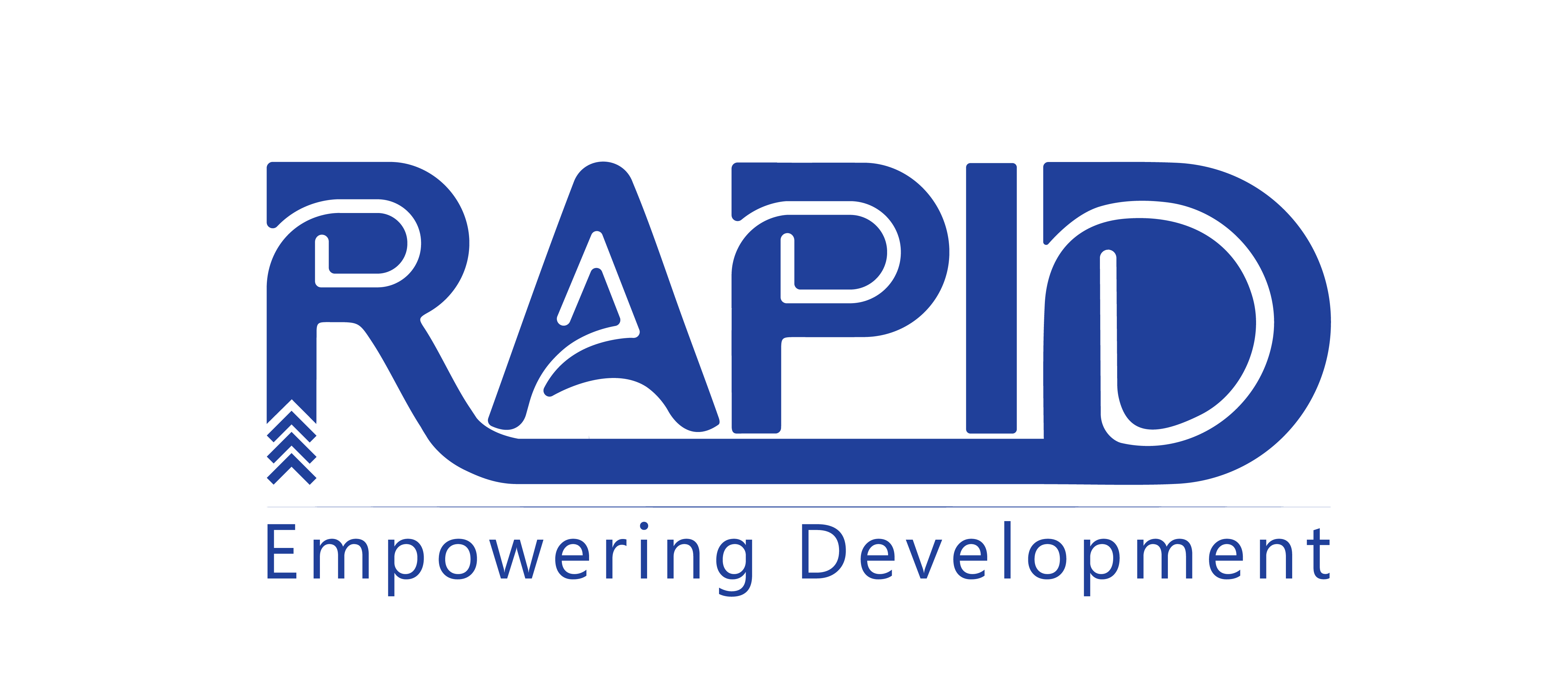13th WTO Ministerial Conference: What Stakes for Bangladesh?
Abstract:
: This policy brief sheds light on some of the critical issues dominating the agenda of the World Trade Organization’s 13th Ministerial Conference (MC13), slated for 26-29 February 2024 in Abu Dhabi, UAE, particularly through the lens of Bangladesh's strategic interests as it approaches graduation from Least Developed Country (LDC) status. Set against a backdrop of diminishing global trade growth and rising geopolitical tensions, the significance of this ministerial in sculpting the future of multilateral trade policies and agreements cannot be overstated. The brief captures critical negotiation areas, including the e-commerce moratorium, fisheries subsidies, agriculture and food security, WTO reform, and post-graduation support measures for LDCs, elucidating their potential impact on Bangladesh. It underscores the debate over the e-commerce moratorium, with developing nations concerned about foregone revenue and developed countries in favour of its extension, stressing Bangladesh's challenge in balancing digital economic expansion and consumer welfare against fiscal considerations. The discussion on fisheries subsidies addresses concerns over overfishing and marine sustainability, highlighting Bangladesh's vested interest in retaining the policy space of supporting the sector. A notable proposal under negotiation seeks to prohibit subsidies for any developing country whose global fish catch share exceeds 0.8%. In agriculture, the focus is on food security and public stockholding (PSH) policies, where Bangladesh's concern is minimal given its Aggregate Measurement of Support (AMS) for agriculture stays below the 10% de minimis limit, though it has other stakes in the discussions. The necessity for WTO reform and a functional dispute settlement system emerges as a contentious issue, yet crucial for Bangladesh in advocating for a functioning appellate body to protect the interests of capacity-constrained developing countries. With respect to post-graduation support measures for LDCs, while the WTO General Council has adopted a decision, emphasis remains on obtaining binding commitments for extended transition periods for duty-free market access and the TRIPS waiver, ensuring that graduating LDCs continue to benefit from essential trade concessions as they adapt to their new economic status.

